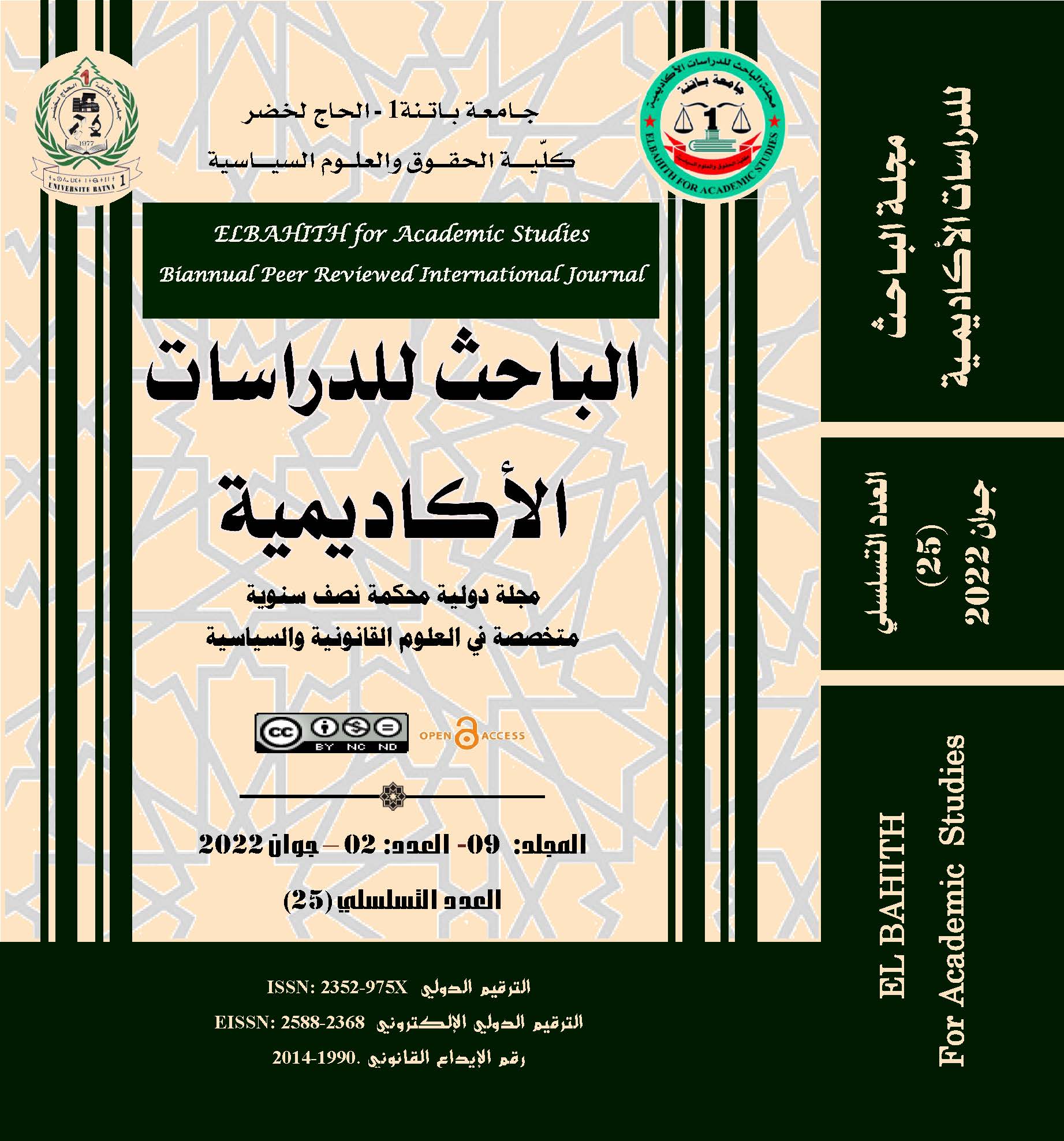Legal mechanisms to control anti-competitive practices in Algerian legislation
DOI:
https://doi.org/10.59791/efas.v9i2.1793Keywords:
Competition, market, anti-competitive practices, competition board, deterrenceAbstract
Competition aims to achieve economic development by improving products and services and ensuring the proper functioning of the market. This requires the creation of a competitive environment within the market and is a fundamental objective of economic policy. For the safety of this climate, it is required that competition take place within the framework of a project, but the latter may be exposed to anti-competitive practices such as agreements and groupings that lead to their obstruction. After the issuance of Ordinance 03-03 related to competition, the rules regulating this were established to achieve competition within a specific and legitimate framework. The Competition Council was created
as an independent body that prohibits anti-competitive practices and has advisory and other deterrent powers represented in imposing a financial fine and issuing orders against its perpetrators, while it is concerned with Judicial authorities to nullify prohibited practices, compensate the victim for the resulting damages, or arrange penal penalties. The aim of this study is to expose the legislator's position on anti-competitive practices and the measures that can be taken to get rid of them. The descriptive approach was used to describe the various anti-competitive practices and the analytical approach to analyze the legal texts related to the subject.
Downloads
Published
How to Cite
Issue
Section
License

This work is licensed under a Creative Commons Attribution-NonCommercial-NoDerivatives 4.0 International License.





